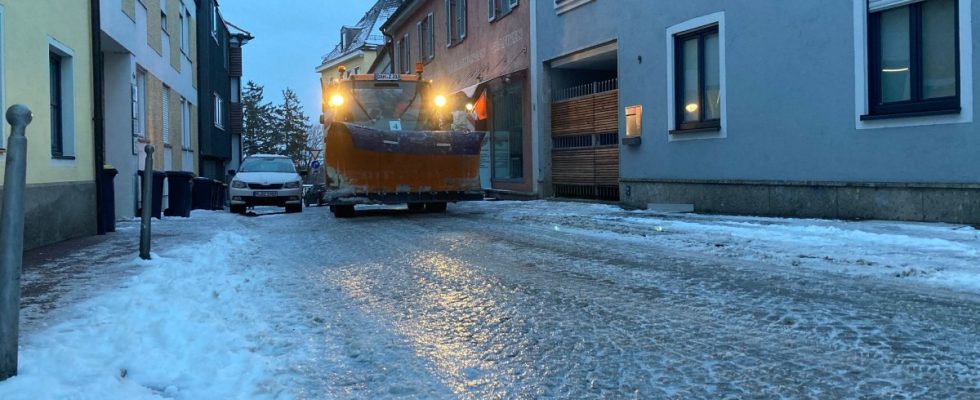Horror
A Time-Reporter from Hamburg visited the musician Maxi Pongratz in his apartment in Obergiesing and wrote a colorful portrait about him. Pongratz was a member of the disbanded band “Kofelgschroa”. Among other things, you learn in the article that the artist is actually unfamiliar with his hometown of Oberammergau or with the cliché of it. “I was always horrified by this Seppellich thing,” Pongratz is quoted as saying. Of course, the question arises here as to whether an authentic local like Pongratz, whose Werdenfels language can be heard a hundred meters into the wind, actually said it that way. Instead of saying “it scared me,” someone from Oberammergau actually says: “I always dreaded it before.”
In Bavarian, horror is “horror”. The writer Albert Sigl wrote in his book of short stories “Sonnham” in 2005: “And when they stared at the dead man in the open coffin, they were a little horrified.” Others, on the other hand, dread school and the dentist, but there are also those who dread nothing at all.
There is often something coarse about this word. If someone doesn’t like a meal, they say: “He feasted on horror!” Surprisingly, the adjective gruesome and its variations grueslich and greislich appear more and more often in standard German.
hai
When there was a black ice alarm across the country on Wednesday, the ancient adjective “shark” came into its own again. Some people, especially in rural areas, warned: “Just be careful not to fall. It’s shark.” Translated, this means: It is smooth and slippery. In the 18th century, the Enlightenment philosopher and word collector Andreas Zaupser used the word “hahl” in precisely this meaning. Zaupser knew the verb “halitzen” to mean slipping. It is no longer used today, but the related adjective “hal” is, which is mainly used in the Upper Palatinate, but also in Sweden, and became “hai” in the south of Bavaria. Schmeller’s famous 19th century dictionary says: “On the ice it’s okay.” In Regensburg the hybrid form “hail” is known (Middle High German: haele). There is also the old word “hoada”https://www.sueddeutsche.de/bayern/.”It is spiaglhoada,” said an older man on Wednesday, pointing to a mirror-smooth ice surface. The word also stands for a clear, frosty night.

